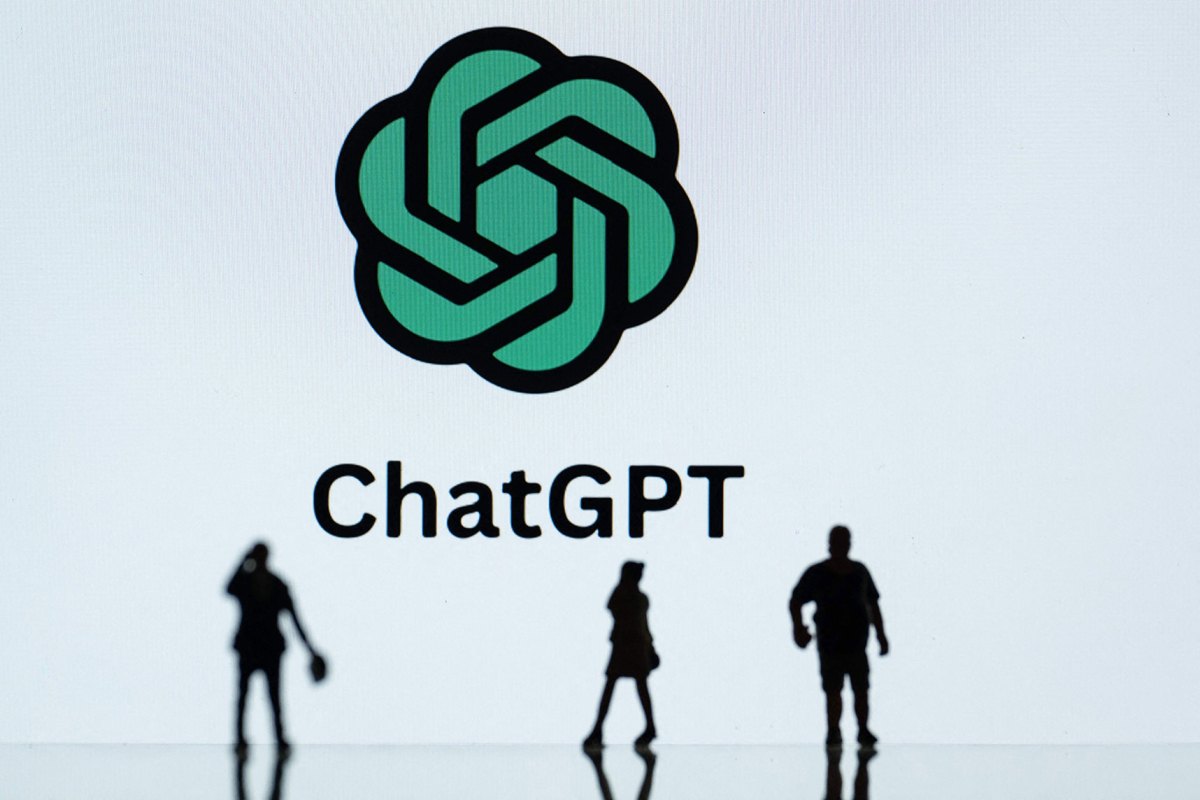ChatGPT will now use its ‘memory’ to personalize web searches

OpenAI is upgrading ChatGPT’s “memory” again.
In a changelog and support pages on OpenAI’s website Thursday, the company quietly announced “Memory with Search,” a feature that lets ChatGPT draw on memories — details from past conversations, such as your favorite foods — to inform queries when the bot searches the web.
ChatGPT release notes were updated yesterday with o3 and o4-mini added to ChatGPT on Apr 16, 2025 – but interestingly, they also mention “Memory with Search” (anyone seen this rolling out already? Not for me yet) pic.twitter.com/oVBcJNqf6z
— Tibor Blaho (@btibor91) April 18, 2025
The update comes shortly after OpenAI beefed up ChatGPT’s long-in-the-tooth memory tool with the ability to reference a user’s entire chat history. It’s seemingly a part of OpenAI’s ongoing effort to differentiate ChatGPT from rival chatbots like Anthropic’s Claude and Google’s Gemini, the latter of which also offers a memory feature.
As OpenAI explains in its documentation, when Memory with Search is enabled and a user types in a prompt that requires a web search, ChatGPT will rewrite that prompt into a search query that “may also leverage relevant information from memories” to “make the query better and more useful.” For example, for a user that ChatGPT “knows” from memory is vegan and lives in San Francisco, ChatGPT may rewrite the prompt “what are some restaurants near me that I’d like” as “good vegan restaurants, San Francisco.”
Memory with Search can be disabled by disabling Memory in the ChatGPT settings menu. It’s not clear which users have it yet — some accounts on X report they began seeing Memory with Search earlier this week.



